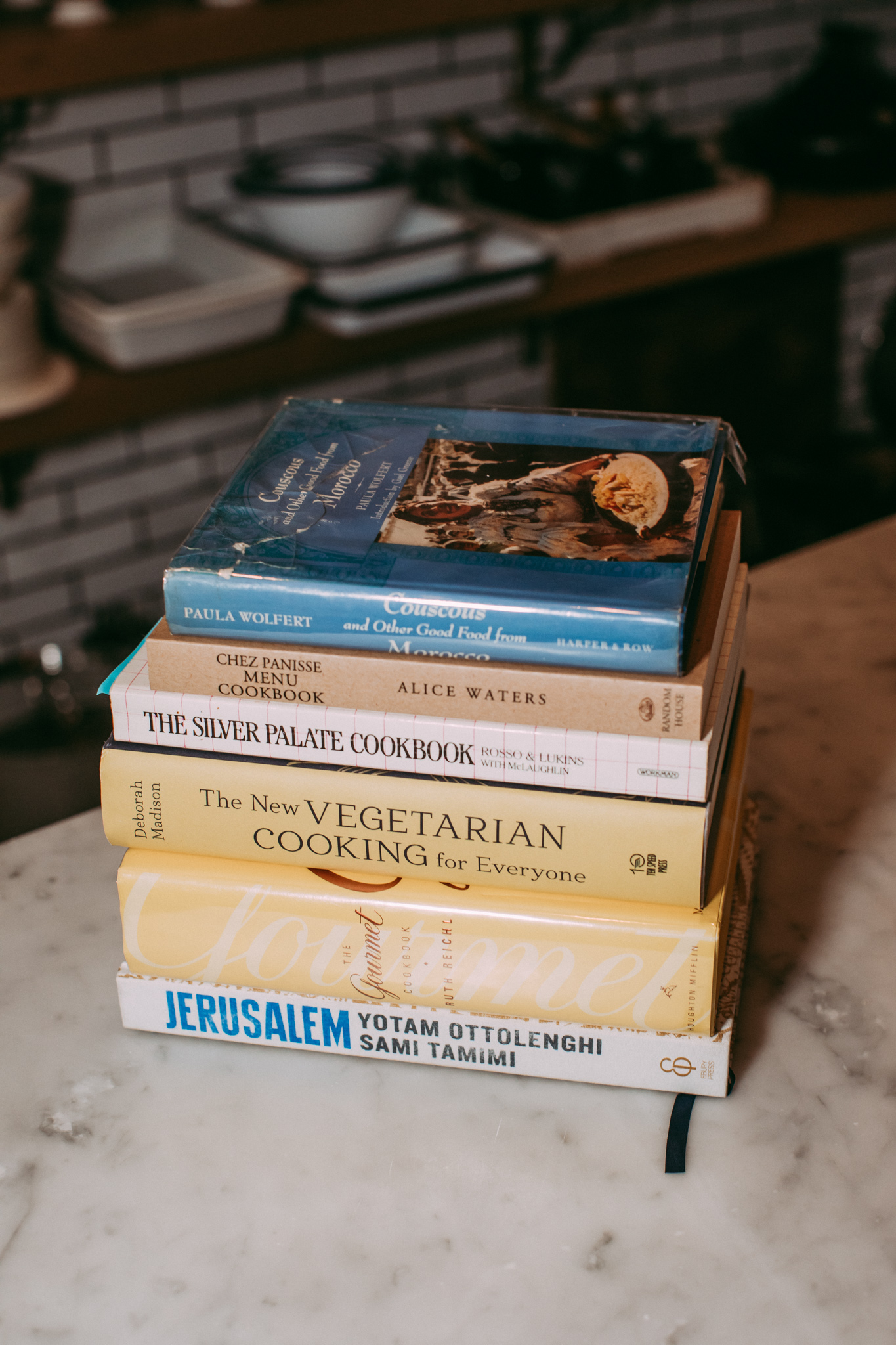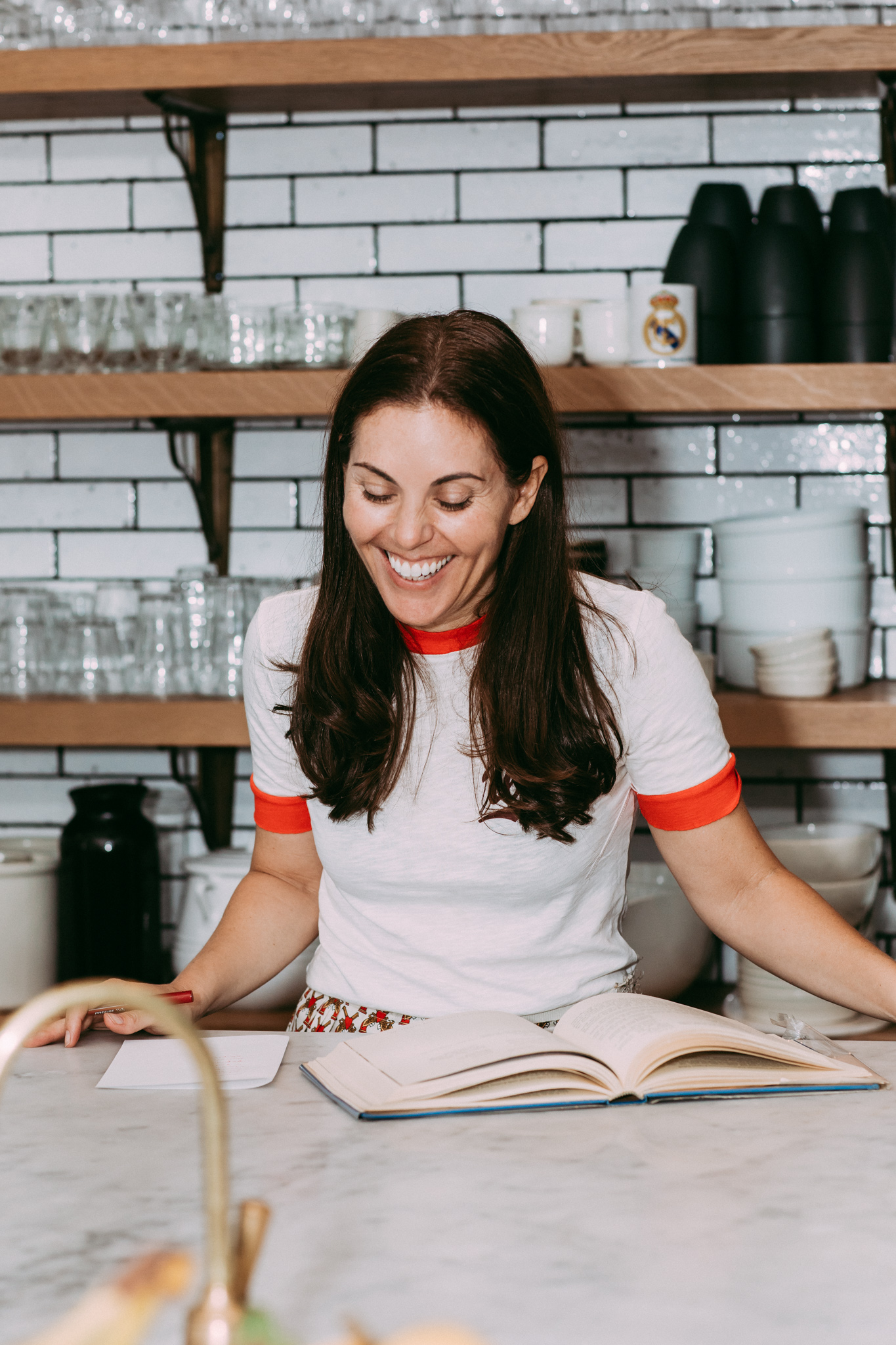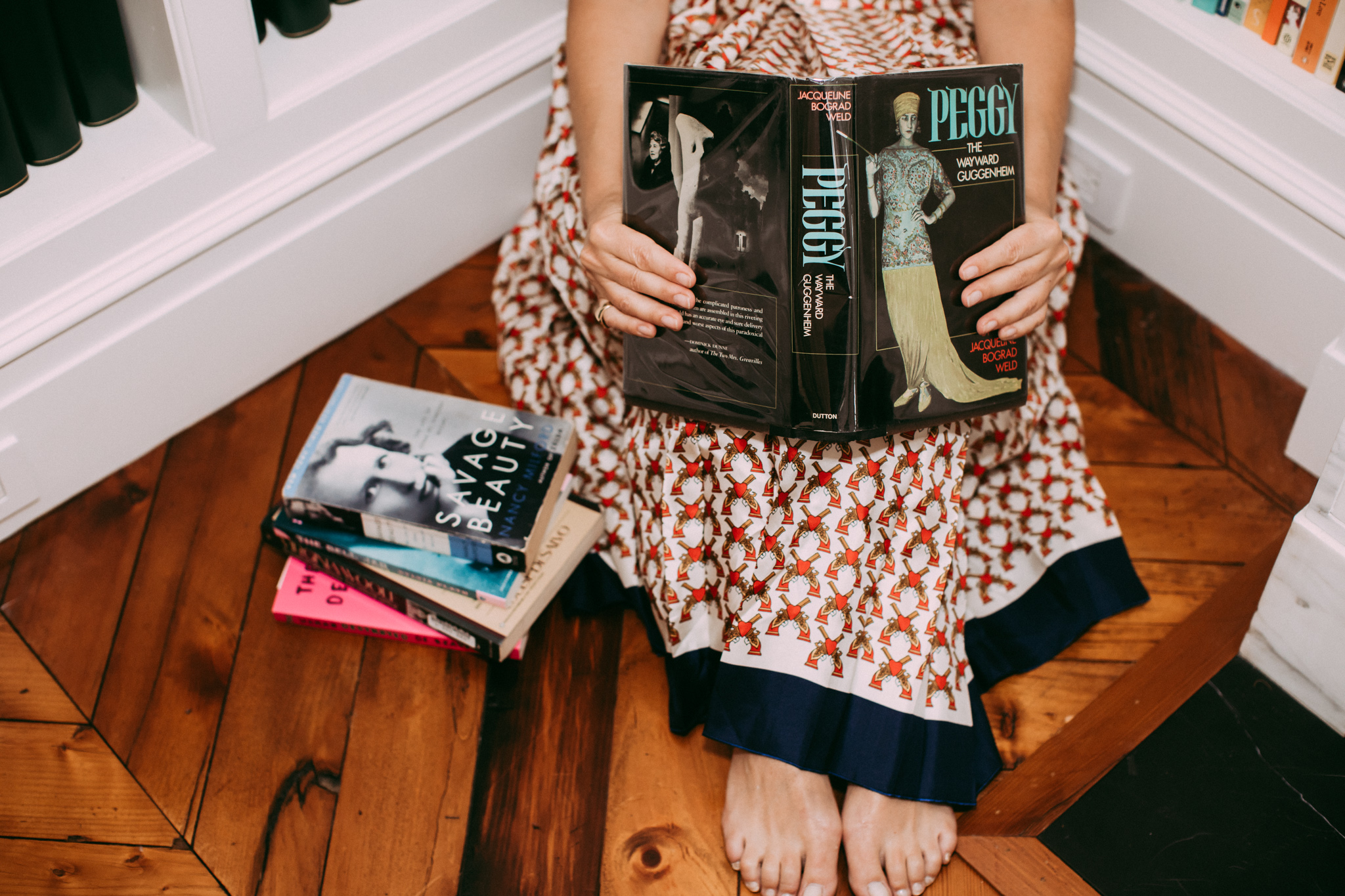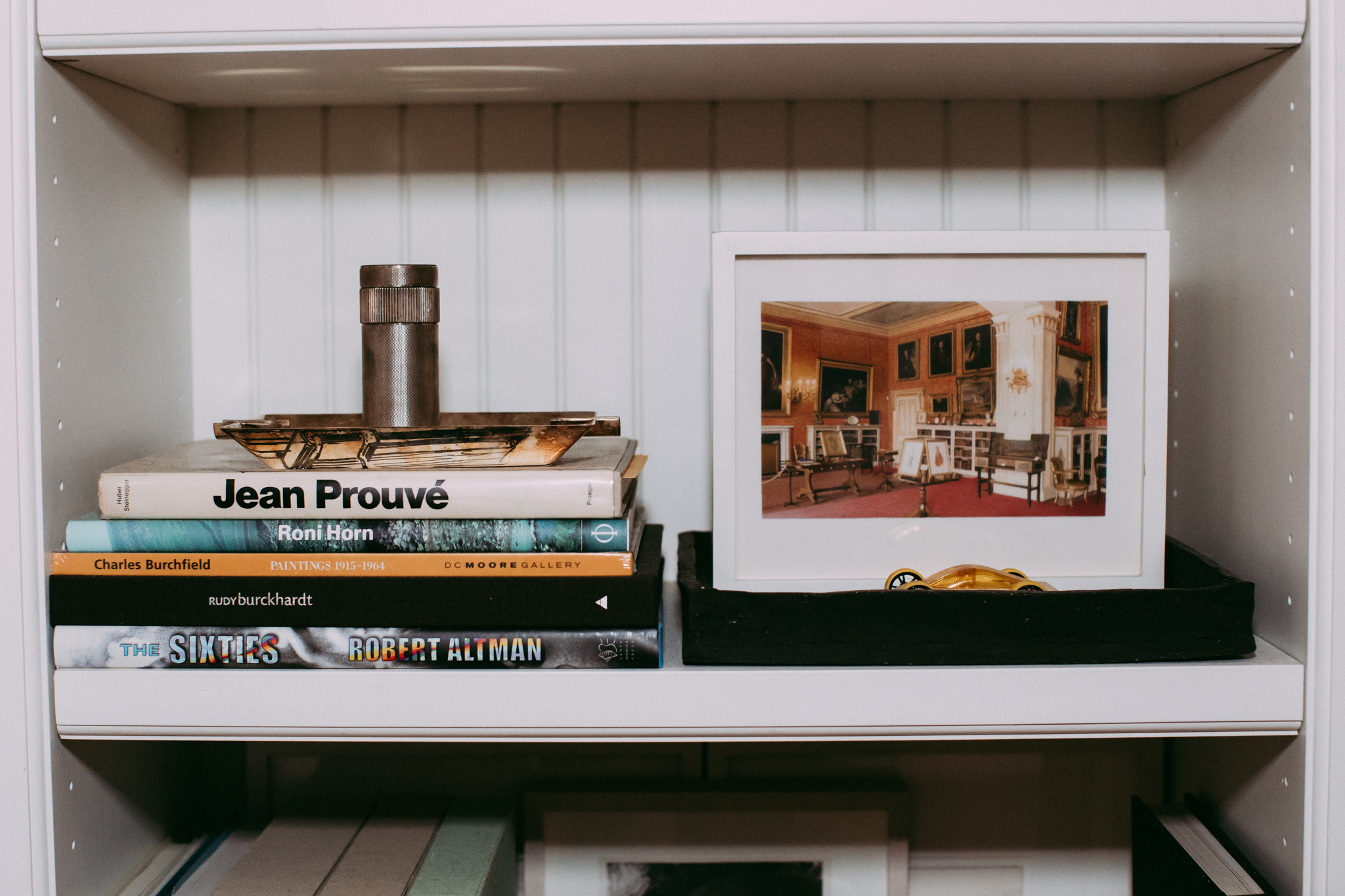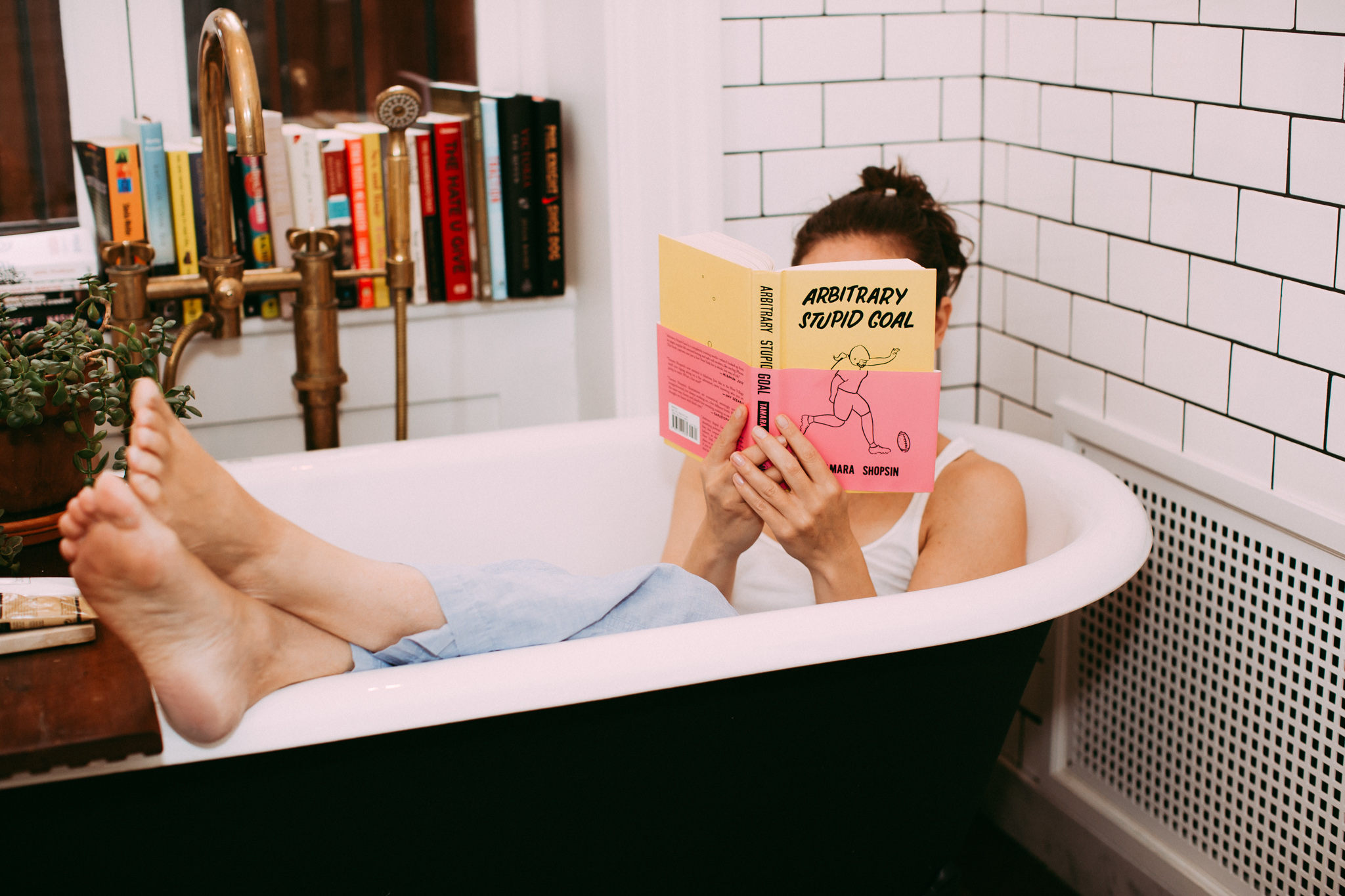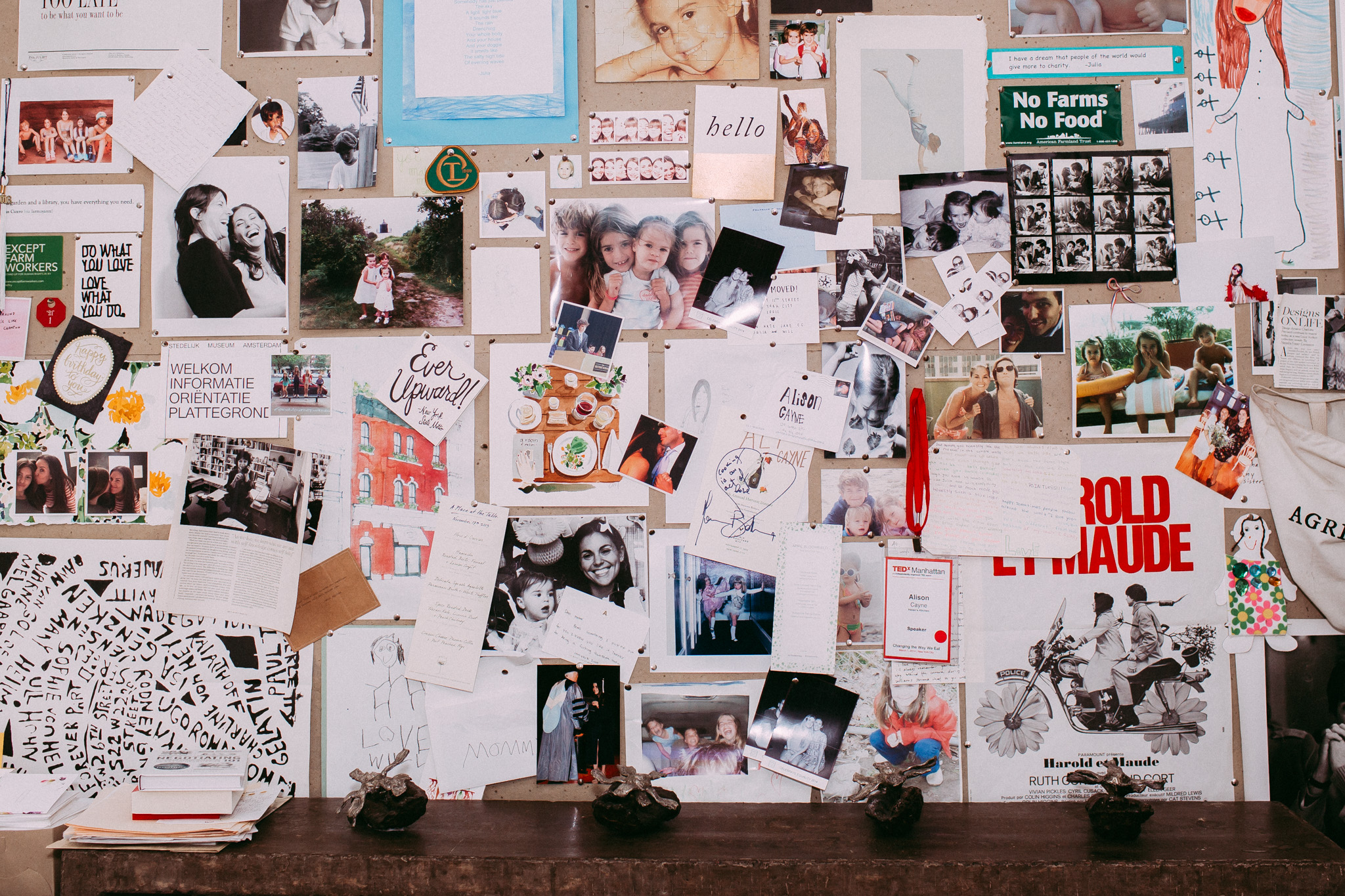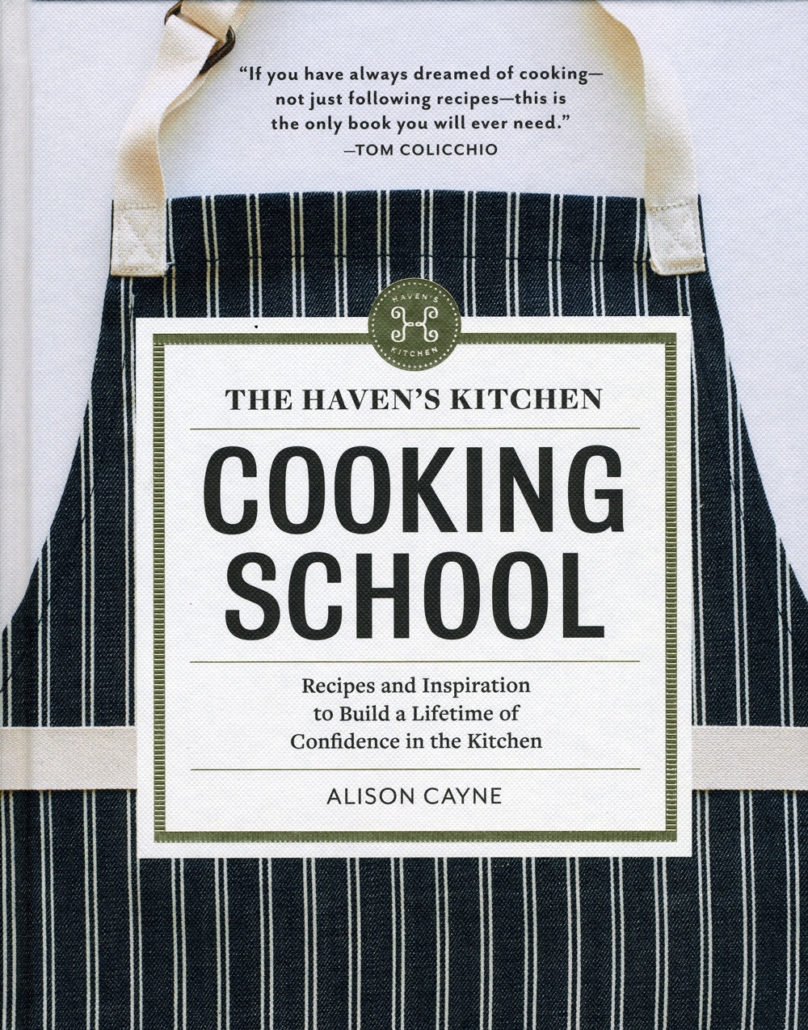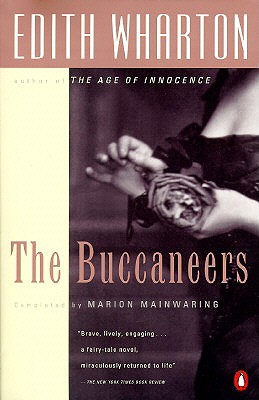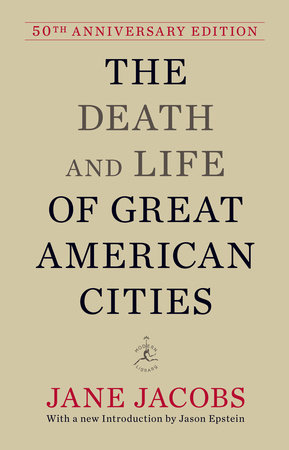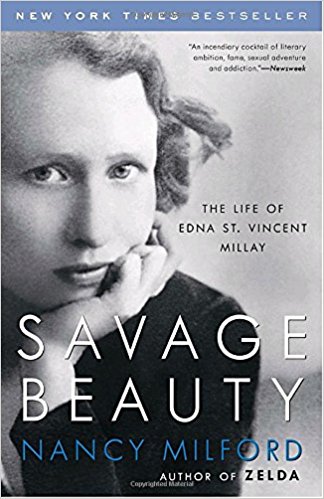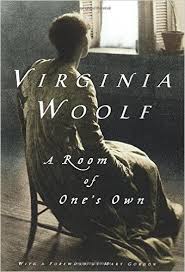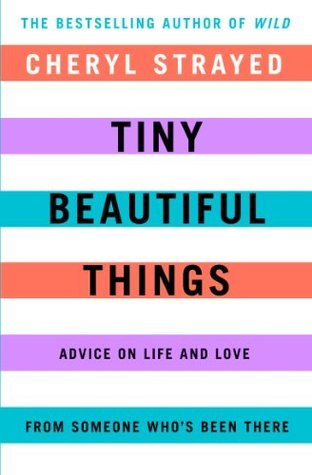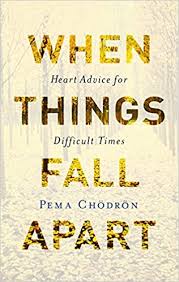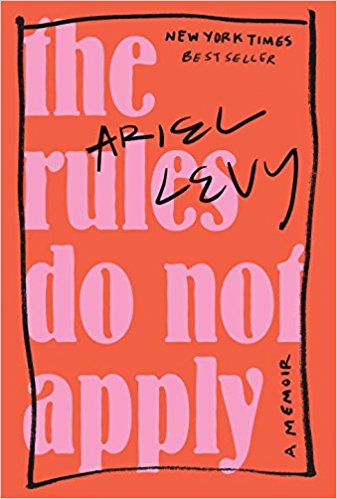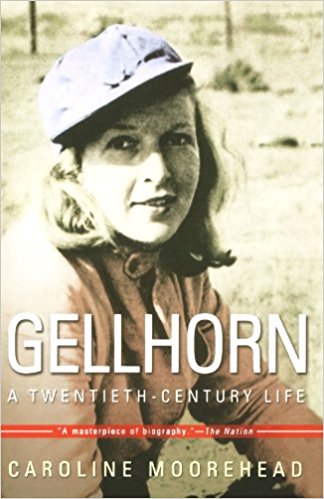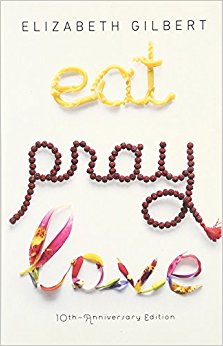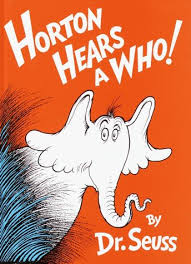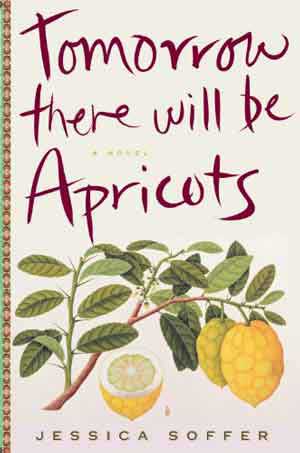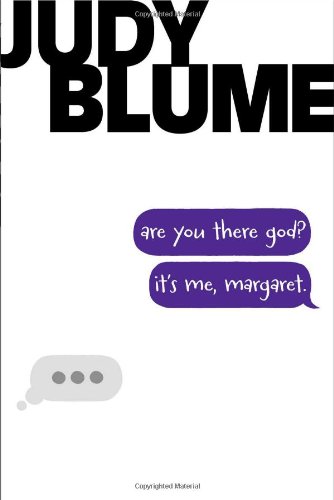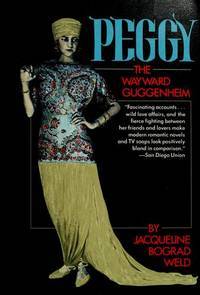
ALISON CAYNE
Photography by Sylvie Rosokoff
Alison Cayne is a devoted champion of women-led businesses, thoughtful food consumption, and community activism. In 2012, Alison opened Haven's Kitchen: a refuge for food enthusiasts that both educates eager students about the art of cooking and feeds hungry patrons with fresh and vibrant meals in their café. Something GAL thinks about frequently is how food can both form and inform a narrative – if you've attended or seen our past Food to Fiction events, you'll know that we love to incorporate tangible, real-life stories shared over singular meals that feed both our bodies and our minds. Alison sheds light on precisely how writing and cooking are tied together, explains why she wrote her recent cookbook The Haven's Kitchen Cooking School, and how confidence is the key component to finding joy.
Girls at Library: What was the name of the first book you fell in love with, that turned you into a life long reader?
Alison Cayne: Looking back, I think reading my friend’s contraband copy of Are You There God, It’s Me Margaret after lights out at sleepaway camp taught me that books are powerful and make you feel all sorts of things I hadn’t previously felt at 12 years old. But I didn’t fall in love with reading until my sophomore year of college, when I read Peggy: The Wayward Guggenheim on a trip to Venice. I was visiting her modern art museum and this book gave me the backstory of her affairs with the artists (who were unknown then but you may recognize the names now: Ernst, Pollack, Freud, Dali). Hers isn’t a story of self-sacrifice — she wasn’t a particularly nice person — but she was a life-lover, daring, honest, free spirit who blazed a trail. I didn’t know biographies about people like her existed, so I not only fell in love with reading, but discovered that I could read about real, imperfect people.
GAL: What is the power of story? Describe some ways in which fictional narratives have impacted you and your life.
AC: Last year, I read Jessica Soffer’s Tomorrow There Will Be Apricots. It was one of the most powerful fictional stories I’ve read, with such well-developed characters, an intricate storyline and sentences that captured my feelings and experiences so much better than I could have written them myself. We have a mutual friend, so I wrote to her, assuming that we had a similar childhood. She was wonderful, but clear that the book was totally fictional, feelings and emotions included. I was amazed she could tap into all of that through a story she just made up in her head. I tend to prefer memoir and non-fiction, but the author who creates characters who are totally believable and relatable, they blow me away. Then there are stories like Horton Hears a Who, that I must have read thousands of times to my kids. Those compact children’s stories, about fundamental human goodness (told through an elephant protagonist), they get me every time.
GAL: How often do you read?
AC: I’d say I read for a half hour most nights and weekends a bit more. I read a lot for work (mostly entrepreneurship, food policy, and food culture) but my pleasure reading is my nighttime bath ritual. That’s when I just pick what I’m in the mood for that evening.
GAL: Do you have a current – or “forever” – favorite book?
AC: I just reread Eat, Pray, Love, and despite my kids questioning why I’m reading that “privileged divorce yoga escape life book,” I am not embarrassed to admit that I adored it just as much this time as I did 12 years ago when it first came out. Gilbert’s writing is clean and funny and thoughtful, and there are so many paragraphs I want to screenshot and carry around and tap into when I need them. There’s also a lot of learning in it…about the origins of modern day Italian, about meditation and yoga. And I’m a sucker for a love story. I also have to mention Ruth Reichl here. Her memoirs are perfection for me, peppered with romance and pain and food and fascinating people.
“I’m a sucker for a love story.”
GAL: How do you choose the books you read?
AC: It’s a frequent topic among my friends and at work. We have a Slack thread just for recommendations. I have a list of recommendations in my notes on my phone too. I’ve also decided it is no longer compulsory to finish a book I’m not loving or convince myself that I am enjoying a book that I am not. I used to feel guilty about it. Now I feel the tinge of guilt, or that “Maybe I’m missing something” feeling, but I push forth to a book that grabs me.
GAL: Do you prefer non-fiction to fiction? If so, why?
AC: I have a tepid relationship with most fiction. I guess I find a lot of it indulgent and unnecessarily sad. Why does the dog have to die on the same day as the father goes into a coma? Why did the author feel the need to assault me that way? If it happened in real life at least I could say to myself — well, that’s what happened. But if I know that someone made that up, then I get pissed off. I do like lighter fiction: This summer I read Emma Straub’s novels and loved every carefree moment of it.
GAL: If you read non-fiction, what genre do you prefer?
AC: Biographies of women written by women, or memoirs. Caroline Moorehead’s biography of Martha Gelhorn is a favorite. Right now I’m reading Arbitrary Stupid Goal by Tamara Shopsin. I know all great writing is art, but her writing feels like you’ve actually plunged into a work of art. It’s art art. Fantastical yet hyper real. I also loved Joan Juliet Buck and Ariel Levy’s this year.
GAL: Who is your favorite author?
AC: I think Daphne Merkin is one of the best authors out there. Her writing is thrilling to me, crisp and moving and relentless. I also like Dani Shapiro a lot. She writes about writing and in her memoirs I feel there are moments when she’s writing my story. Caitlin Moran makes me laugh, ugly laugh, out loud. Then there’s Woolf and Wharton and Austen, oh and Nora Ephron…
GAL: We have a friend who has a “Sanity Shelf” dedicated to books she returns to again and again, to reread for pleasure, knowledge, and solace. What books would be on your Sanity Shelf?
AC: Pema Chodron is my sanity writer. Everything she writes and speaks gives me comfort and insight and her books are all earmarked and tear stained, underlined in a few different pens. When Things Fall Apart is my all time, number one, favorite desert island book.
Cheryl Strayed's Tiny Beautiful Things and Dear Sugar are painful and poignant. They’re so honest about the human experience.
I’ll also never tire of Wild Geese and other poetry by Mary Oliver.
“[Alice Waters is] a force. She was at the forefront of seasonality, produce-driven menus, and the role model of not scaling just for the sake of it. She’s done a lot for hunger causes, small farmers, and female empowerment. She’s a visionary.”
GAL: Did you set out with a particular goal when you began writing your cookbook?
AC: The cookbook is an extension of the classes we teach in our carriage house. My main goal has always been to teach cooking in a way that encourages people to cook because they enjoy it, not because they feel obligated. That’s why I opened HK, and that’s why I wrote the book. We’ve asked thousands of students why they like or don’t like cooking and it’s super clear that the ones who feel confident in the kitchen enjoy the process much more. So my goal was to try and teach confidence. I think you do that by giving them skills that carry through – not just recipes to follow mindlessly. Staying organized, good knife skills, understanding balance, and flavor, and composition – all of those concepts make you a stronger cook. But you need to teach those concepts through recipes or they’re just abstractions. So every recipe in the book is meant to teach something – one of those skills or techniques that will make all of your cooking better and give you confidence. Without confidence, there really can’t be joy. And nobody’s going to choose to cook if it's not at least a little joyful.
GAL: If you had to choose one cookbook to cook from for the rest of your life, which would you choose and why?
AC: I’m torn between the Ottoleghis and Deborah Madisons. Jerusalem and his other books are so expansive and fresh. The flavors and compositions of the meals in them are not only super satisfying but so educational for me. Madison’s veggie books are endlessly helpful and poetic.
GAL: Which female chef is the most influential/important/life changing force in the world of cooking and restaurants?
AC: It’s gotta be Alice Waters. She’s a force. She was at the forefront of seasonality, produce-driven menus, and the role model of not scaling just for the sake of it. She’s done a lot for hunger causes, small farmers, and female empowerment. She’s a visionary.
GAL: Is there a connection between the written word and the art of creating a meal? Is there narrative in food?
AC: Oh yes! Writing is a lot like cooking. We never really know how talented we are at anything until we’ve practiced enough to access what happens when we are trained enough to stop thinking. Cooking and writing both rely on craft, technique, process, and structure in order to allow creativity to shine through. An excellent meal is remarkably similar to a poetic and well-constructed essay. There is poetry and rhythm and a certain escape from the banal, possibly because all of the senses are being engaged at once. But that romance is always supported by craft. Excellent knife skills are to a dish what good grammar is to a paragraph: they hold it together so that the eater/reader can experience an emotion.
GAL: If you were to define yourself through a meal, what would it consist of?
AC: Cape Cod potato chips with crème fraiche and sturgeon caviar. High/low, crispy/creamy…all that.
GAL: Do you have a current favorite reading spot? Where is it?
AC: Bathtub, with Epsom salts.
GAL: Can you read anywhere?
AC: I can’t read in moving vehicles, but other than that if I’m grooving with a book, it will go everywhere with me. I’ll steal a page or two in line or in a waiting room.
GAL: Is it important for you to physically hold a book you read?
AC: I’m not sure if it’s an age thing, I’m 45, but I need a book with real paper pages.
GAL: Why do you read?
AC: Mostly as an escape from my own brain. I find that it’s hard to turn off the “monkey mind” constant chatter—even when I meditate—and diving into a book helps me to do that. I also love reading about people’s lives—no matter the story, the setting, the details, it’s all about love, and loss and identity and the freedom that comes with truth.
GAL: If you were to write your memoir, what would you title it?
AC: That’s a tough one, but something along the lines of I’m Working Really Hard to Relax. Or maybe Late Bloomer. I think I’ve spent my life trying really hard to feel like myself. Whatever that means.
“There’s something about reading lives of women who struggled to be honest and expansive that intrigues me.”
GAL: Please name three books you recommend reading, and the reasons for your choices.
AC: A Room of One's Own by Virginia Woolf. Woolf was the bee’s knees, and an obvious choice, but she is critically important. She’s inspired most women I know, not just writers, to digest that it’s not only ok for us to want our own space—both physically and emotionally—but necessary. She was able to get to the questions of identity and self in a time where those questions simply weren’t being asked, at least not publicly. And she used her pain to create masterpieces.
Savage Beauty: The Life of Edna St. Vincent Millay by Nancy Milford. This book amped up my love of poetry and my fascination with Millay. Another story of a complicated, super sexual, brilliant creative. There’s something about reading lives of women who struggled to be honest and expansive that intrigues me. They tended to live volatile, lonely lives. They weren’t particularly giving or loyal. But they lived on a supercharged frequency and left legacies and art that changed history.
The Life and Death of American Cities by Jane Jacobs, who wrote about urban planning from a social justice perspective in the 1950’s. Everything she said 60 years ago holds true today, and her opinions were totally antithetical to the male-dominated urban planning discipline of the day. She was a renegade and compassionate and wrote with such simplicity and yet enviable poetry…like the chapters about the “Ballet of the Sidewalk” — if that isn’t a perfect nugget, I don’t know what is.
The Buccaneers by Edith Wharton. The more things change, the more they stay the same. Wharton wrote 100 years ago about class and money and identity and the rules of civility…all with a gimlet eye and a gift for satire. Humans keep getting ourselves into these social contracts and pickles when our true desires conflict with what’s expected of us. All of her work is worth reading for me. House of Mirth is also a favorite. I feel like the movie Age of Innocence messed Wharton up for people.







